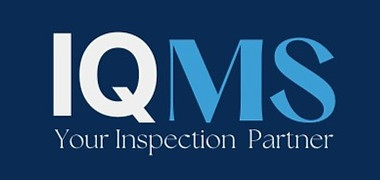Introduction: In today’s dynamic business landscape, ensuring the quality and compliance of products and services is paramount. Companies across various industries are turning to third-party inspections to guarantee the integrity and reliability of their operations. In this article, we delve into the significant role that third-party inspections play in maintaining high standards and building trust with stakeholders.
1. Objective Evaluation: Third-party inspections provide an unbiased and objective evaluation of products, processes, and systems. Unlike in-house inspections, external inspectors bring a fresh perspective, minimizing the chances of oversight or bias. This objectivity is essential for maintaining transparency and fostering credibility in the eyes of customers, regulatory bodies, and partners.
2. Expertise and Specialization: Professional third-party inspection companies often specialize in specific industries or types of inspections. This specialization ensures that inspectors have in-depth knowledge and expertise in the relevant standards, regulations, and best practices. This focused approach enhances the accuracy and thoroughness of inspections, ultimately contributing to the overall quality assurance process.
3. Compliance Assurance: Compliance with industry standards and regulations is non-negotiable. Third-party inspections play a pivotal role in ensuring that companies adhere to these standards. By conducting regular and rigorous assessments, inspection teams help businesses identify and rectify potential compliance issues before they escalate, mitigating risks and safeguarding the company’s reputation.
4. Risk Mitigation: Identifying and mitigating risks is a core function of third-party inspections. Through detailed assessments, inspectors can pinpoint potential hazards, structural weaknesses, or areas of non-compliance that may pose risks to the business. Addressing these issues proactively helps prevent costly disruptions, accidents, and legal complications.
5. Improved Quality Control: Third-party inspections contribute significantly to enhancing quality control measures. By systematically evaluating production processes and product quality, inspectors assist companies in implementing effective quality management systems. This, in turn, leads to improved product quality, reduced defects, and increased customer satisfaction.

6. Customer Confidence and Brand Reputation: External validation through third-party inspections instills confidence in customers. When consumers know that a company’s products or services have undergone rigorous, impartial evaluations, they are more likely to trust the brand. This increased trust contributes to a positive brand reputation and fosters long-term customer loyalty.
Conclusion: In conclusion, the role of third-party inspections cannot be overstated in today’s competitive and regulated business environment. These inspections offer a comprehensive and impartial approach to quality assurance, compliance, and risk management. By leveraging the expertise of external inspection services, companies can not only meet industry standards but also surpass them, ensuring sustained success and customer satisfaction.



